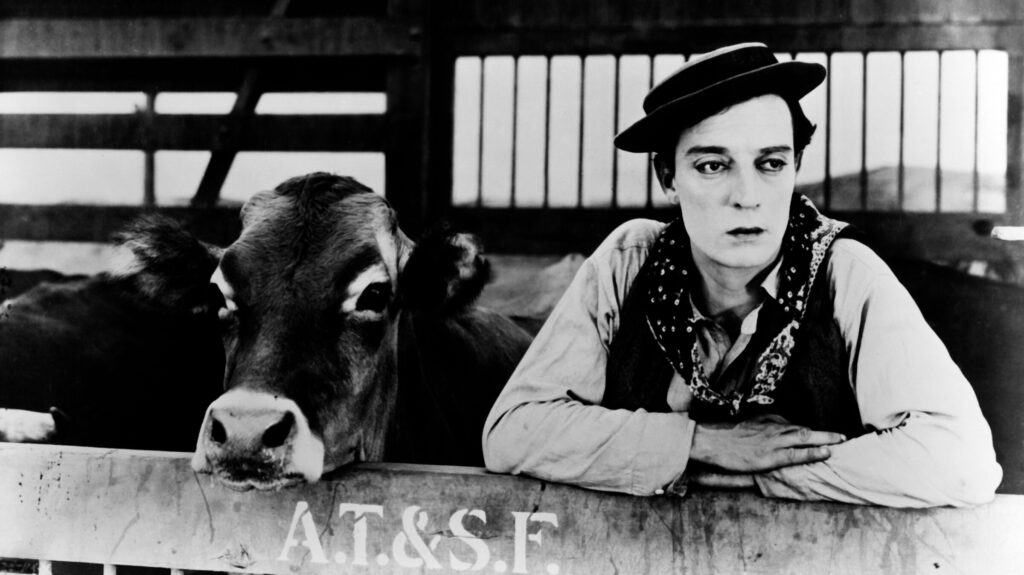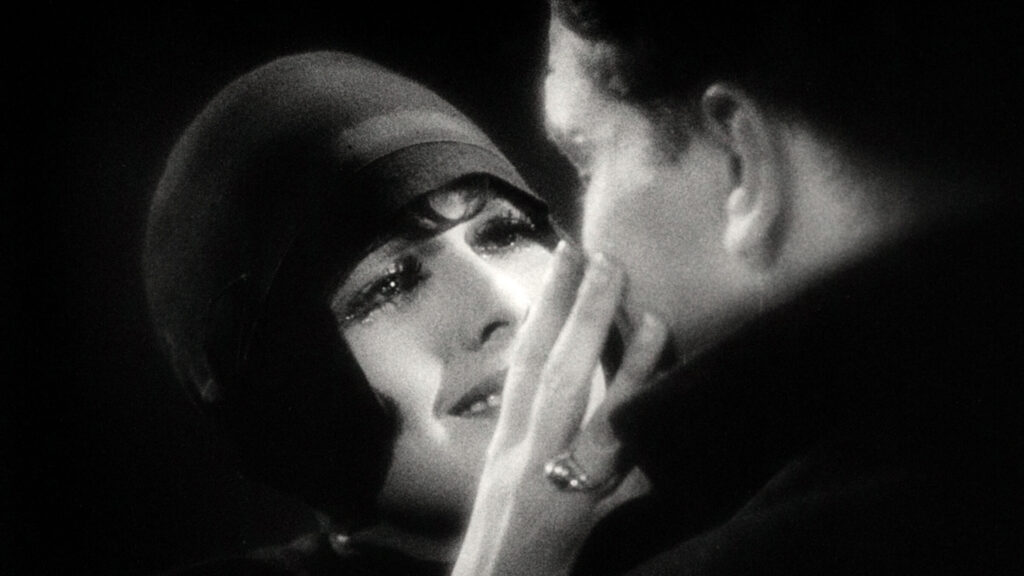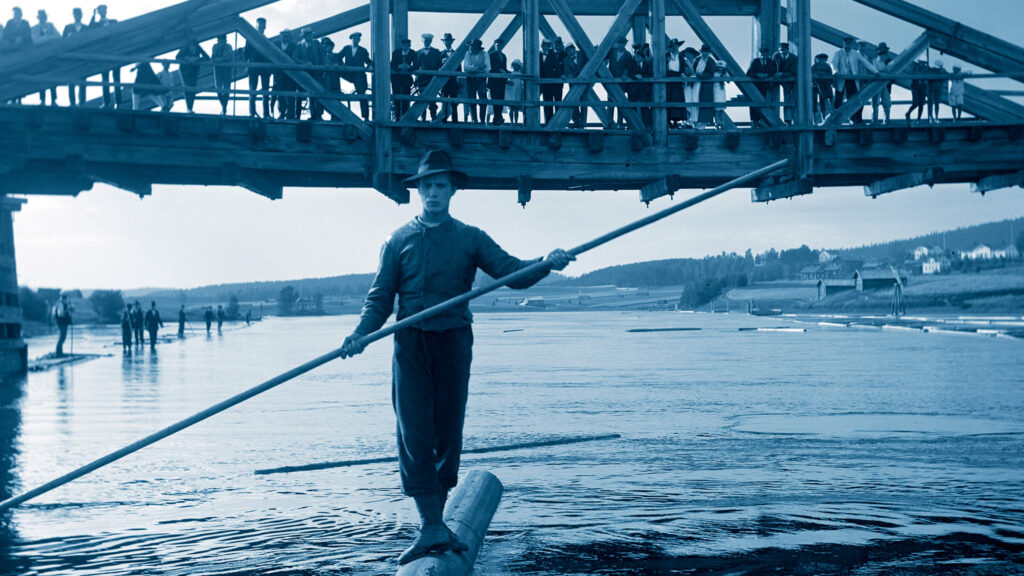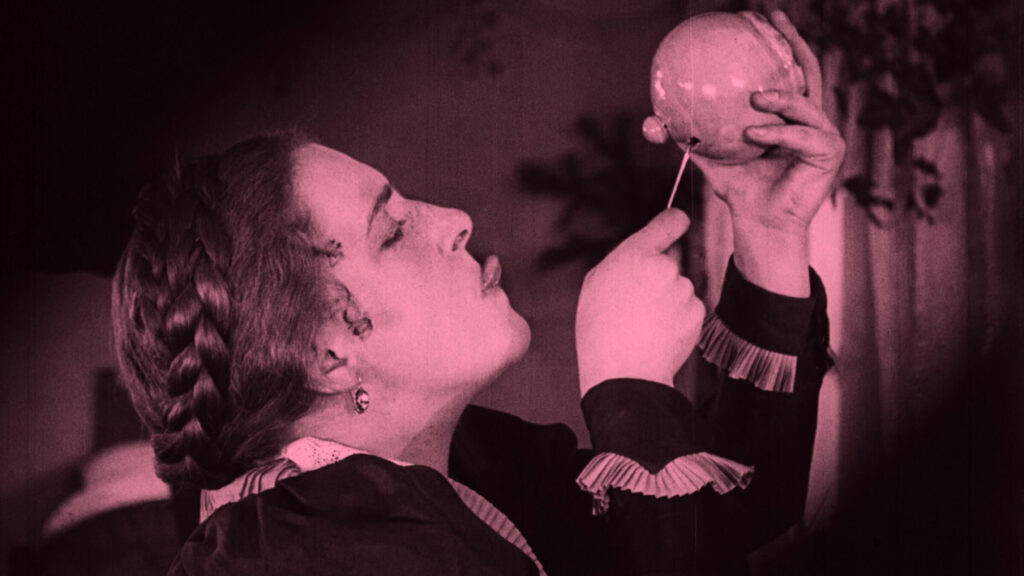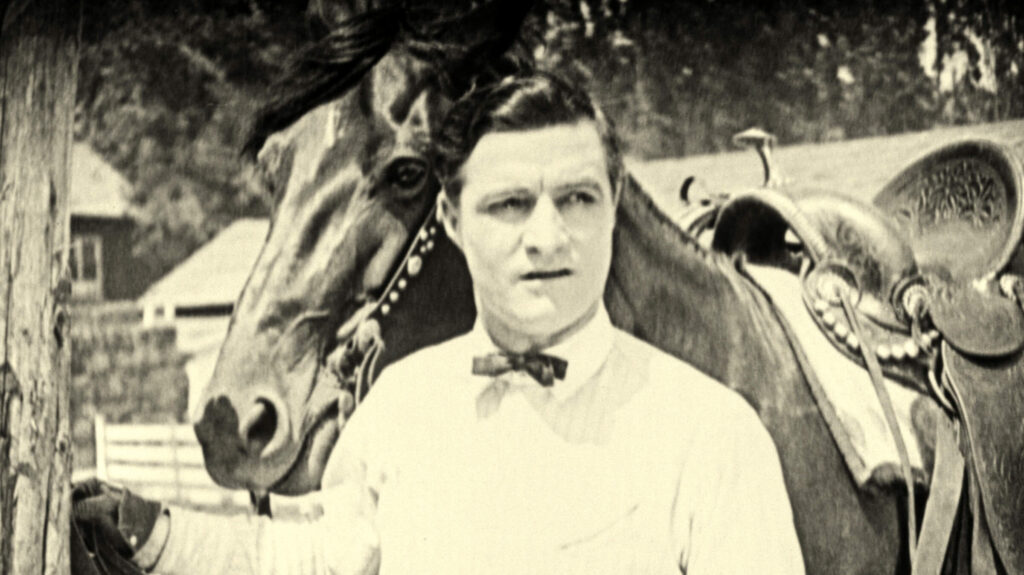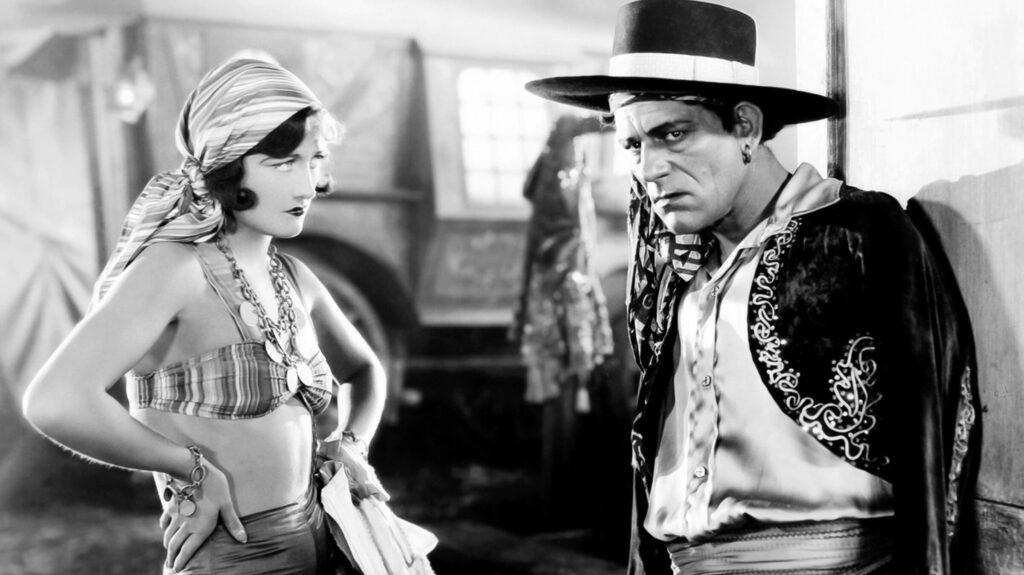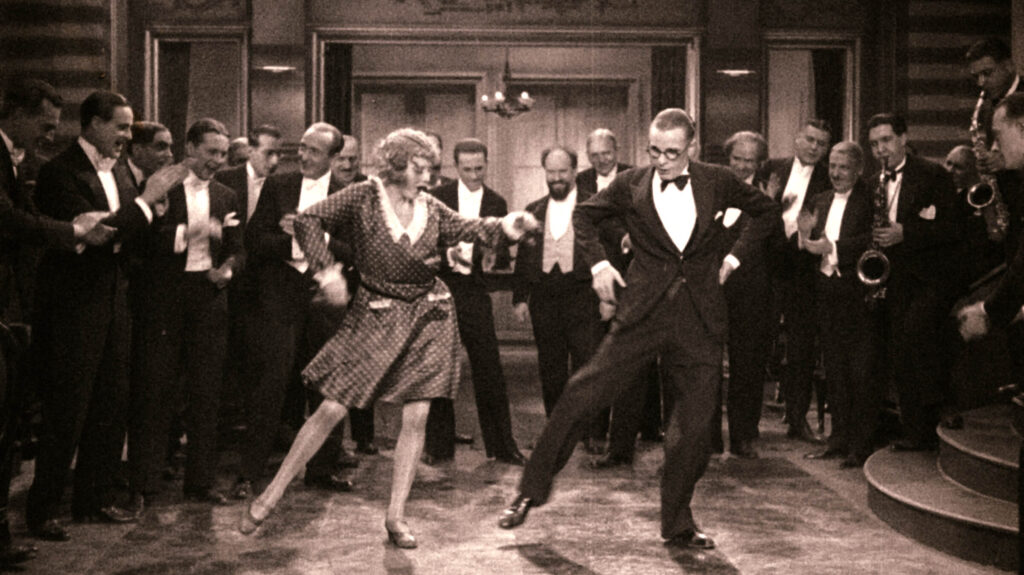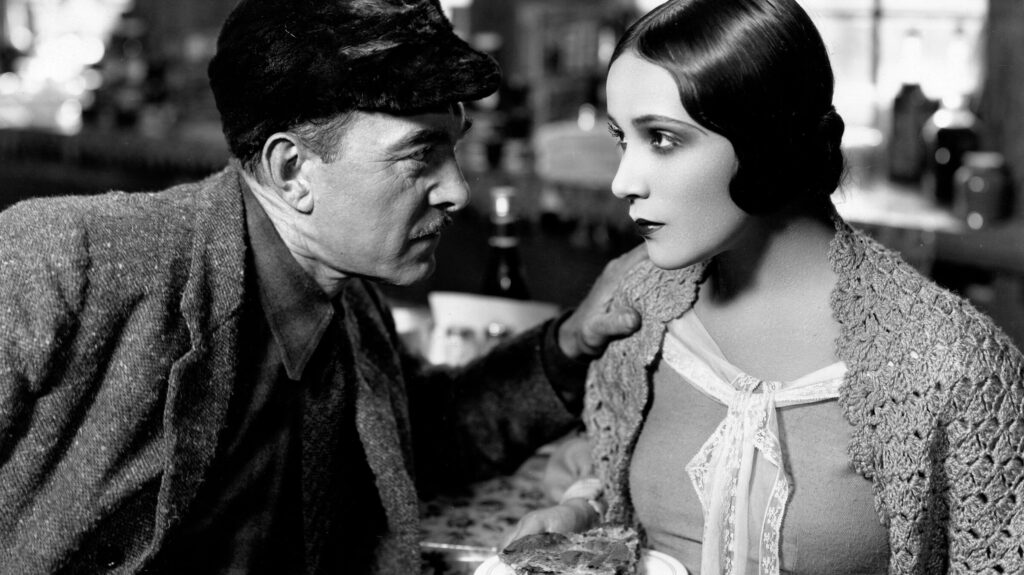Go West is unique in Buster Keaton’s work, not only because of his most unusual “heroine,” a comely Jersey cow named Brown Eyes. It also is the only film in which “The Great Stoneface” combined comedy and pathos in a manner similar to Chaplin’s trademark approach in films such as The Gold Rush … [Read more...] about Go West
Asphalt
A film of shimmering lights and deceptive surfaces, Joe May’s Asphalt is a luminous work of late Weimar cinema. It epitomizes the Straßenfilm (“street film”) genre that emerged from the postwar fascination with urban modernity. This genre features the city as its central protagonist, depicting it … [Read more...] about Asphalt
Song of the Scarlet Flower
“What’s missing from movies nowadays,” D.W. Griffith complained in 1948, “is the beauty of the wind moving through the trees.” That plein-air freshness he longed for is nowhere more abundant than in Scandinavian silent films, steeped in the elemental power of nature. It’s a quality that makes Song … [Read more...] about Song of the Scarlet Flower
Kohlhiesel’s Daughters
Until recent years, the films Ernst Lubitsch directed in Germany have been little known in this country except for the post-World War I spectacles that made him prominent as an international director and led to Hollywood importing him in 1922. Even Lubitsch’s chief disciple, Billy Wilder, was under … [Read more...] about Kohlhiesel’s Daughters
Trailin’
Only a true film star whose screen persona is practically etched onto the public’s consciousness could simply make a new film without their usual costume and have the novelty of it raise curious eyebrows. Imagine a 1920s audience accepting a Chaplin film without his baggy trousers and mustache, or a … [Read more...] about Trailin’
The Unknown
Almost from the moment of its corporate birth, Metro-Goldwyn-Mayer saw itself as the classiest of the major Hollywood studios, with the biggest stars, the highest gloss, and the most wholesome entertainment. Unlike competitors, it developed relatively little appetite for the more lurid likes of … [Read more...] about The Unknown
Saxophone Susy
Anny Ondra, the rowdy and radiant star of the German comedy Saxophone Susy, was a celebrated Czech actress now best remembered for two of her British films, made right at the end of the silent era. By starring in Alfred Hitchcock’s The Manxman (1929) and Blackmail (1929), this doe-eyed, … [Read more...] about Saxophone Susy
The Trail of ’98
In Bill Morrison’s dazzling Dawson City: Frozen Time (2016), he records how, by the close of the 1920s, the once-booming gold rush town of Dawson City was a site of erasure—the intrepid ’98ers were long gone and all that remained were a few old-timers, fading into history as a younger generation … [Read more...] about The Trail of ’98

